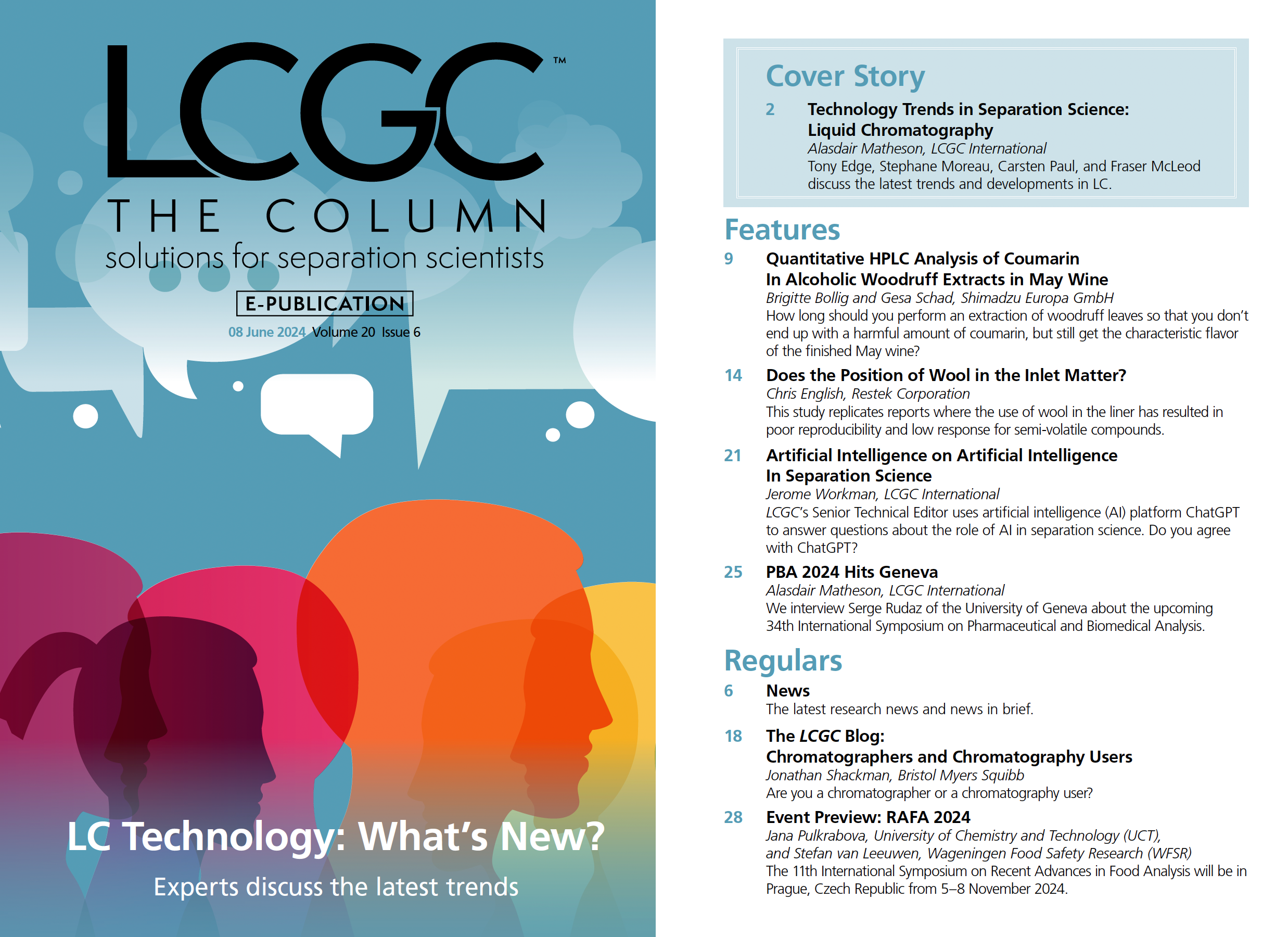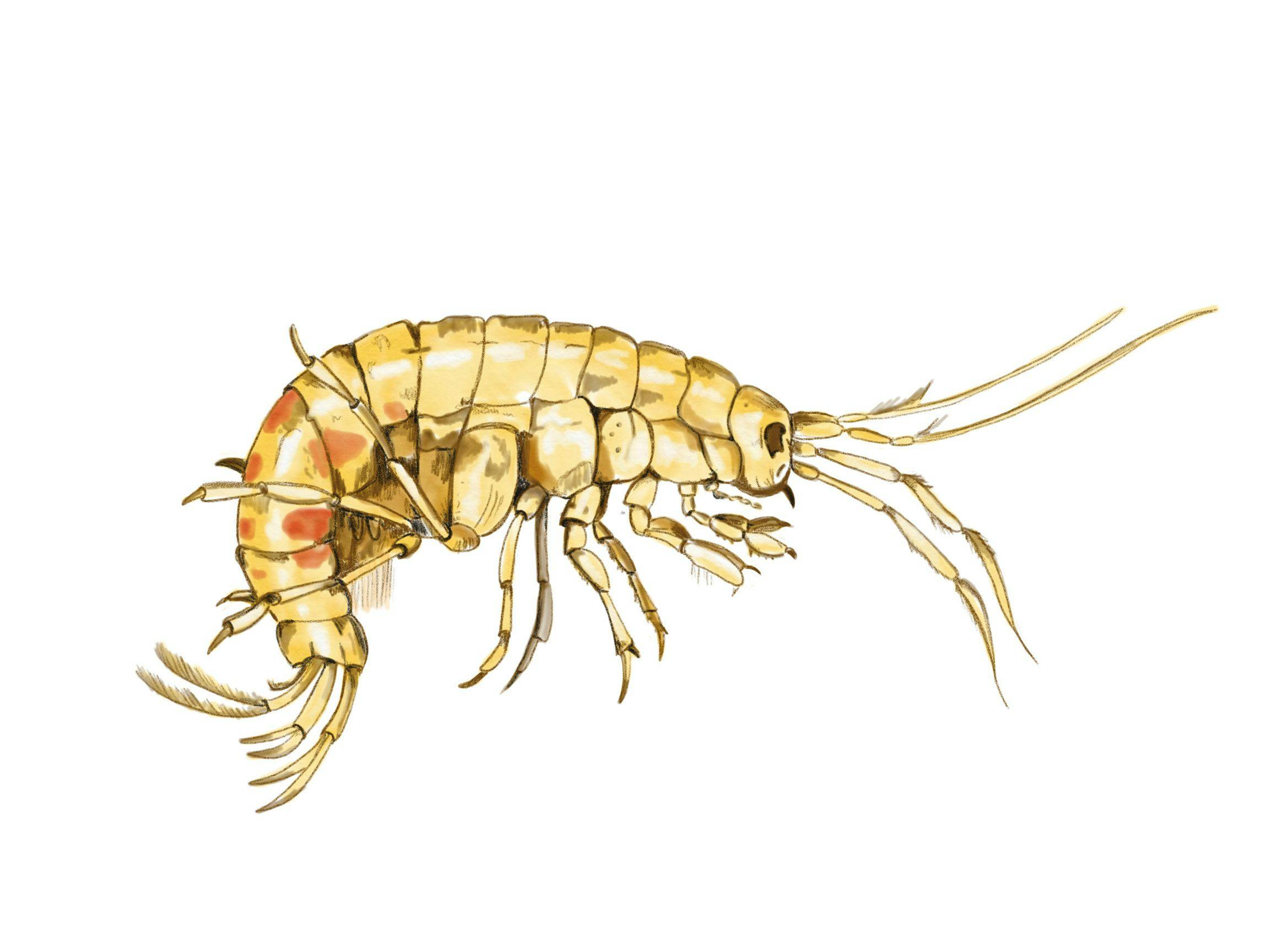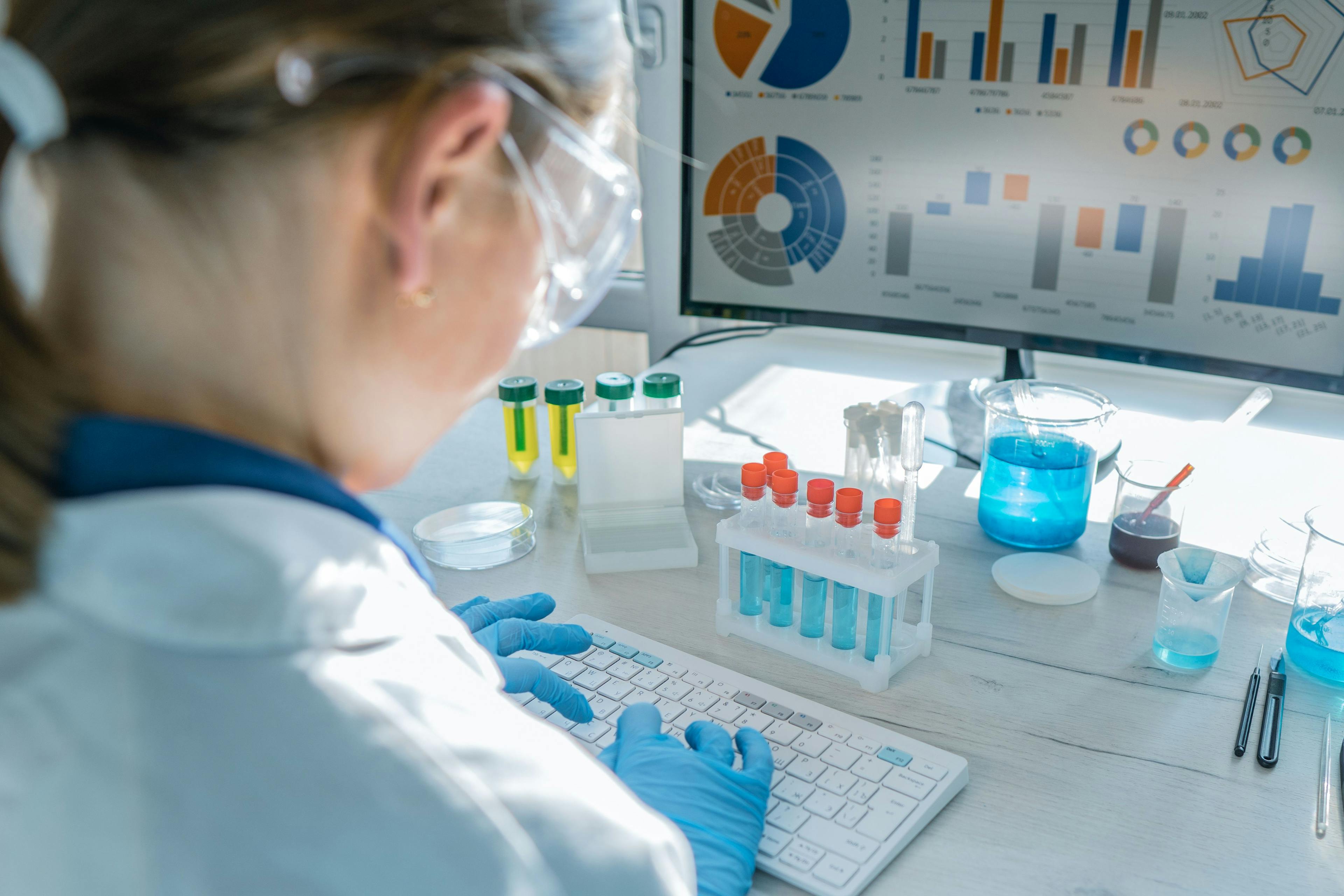RAFA 2024 Preview
The 11th International Symposium on Recent Advances in Food Analysis (RAFA 2024) will be in Prague, Czech Republic from 5–8 November 2024.
The 11th International Symposium on Recent Advances in Food Analysis (RAFA 2024—www.rafa2024.eu) will take place in Prague, Czech Republic, on 5–8 November 2024. The RAFA organizers, the University of Chemistry and Technology (UCT), Prague, Czech Republic, and Wageningen Food Safety Research (WFSR), part of Wageningen University & Research in The Netherlands, would like to invite food scientists from academia, together with representatives of industry, national and international agencies, control authorities, and governmental and commercial laboratories, to attend this event.
RAFA has grown since the conference was launched in 2003. Previous events were usually attended by over 750 participants from more than 50 countries of Europe, Asia, the Americas, Australia, and Africa, and supported by more than 50 sponsors, exhibitors and media partners.
The RAFA 2024 symposium will provide an overview of contemporary trends in analytical and bioanalytical strategies for food quality and safety control, and will discuss challenges and novel approaches in food and natural products analysis. The following recent and emerging issues will be addressed within the RAFA 2024 sessions:
- Substances of Interest: Food additives, healthy nutrients and vitamins; food allergens; flavour and off-flavours; alternative proteins; mycotoxins, marine and plant toxins in a changing climate; pesticide and veterinary drug residues; process-induced contaminants; environmental contaminants; per- and polyfluoroalkyl substances (PFAS); metals and metalloids, including their speciation; migrants from food packaging materials; micro- and nanoplastics in food.
- Topics of Interest: Food authenticity, fraud and forensics; (multi)omics in food analysis; illegal and natural food supplements; exposomics and human biomonitoring; sensors and portable food analysis; circularity and sustainability; green food analysis; next-generation sequencing for food quality and safety; effect-based analysis and bioassays; spatially resolved food analysis; food legislation requirements for food control; artificial intelligence (AI) in food analysis; quality assistance–quality control (QA–QC); chemometrics and “big data” handling.
Satellite Events, Seminars and Workshops
The conference programme will be accompanied by several satellite events on novel challenges, including for example workshops on “Vibrational Spectroscopy and Chemometrics” and “Smart Data Handling and AI in Food Analysis”. An interactive seminar will discuss “Step by Step Strategies for Fast Development of Smart Analytical Methods”. The European Union (EU) Reference Laboratories Colloquium will include a workshop on “Experiences, Achievements and Challenges Addressed by EU Reference Laboratories”. The experts’ summit, EU and beyond, will provide insights into regional topics within two sessions, “AOAC INTERNATIONAL: Method Validation & Harmonization” and “Food integrity from an EU–Asia perspective”. Another session will offer an overview of the “Opportunities to Collaborate in a European Research and Innovation Area”.
Vendor Seminars and Exhibition
Leading companies will organize vendor seminars to introduce recent instrumentation and analytical strategies for advanced food quality and safety control. The exhibition will showcase modern instruments, laboratory equipment, reference materials, and consumables used in food analysis.
Opportunities for Young Scientists
A platform for young scientists will be offered to present their scientific work. Typically 20% of the contributed oral presentations are assigned to the next generation. RAFA 2024 Student Travel Grants will be provided. The best poster presentation(s) by a young scientist(s) will be awarded with the prestigious RAFA Poster Award and sponsored poster award(s).
In summary, RAFA 2024 will offer again a high-quality scientific programme with top-quality presentations followed by stimulating discussions, a series of satellite events, a state-of-the-art exhibition and an attractive social programme. Scientific contributions will be presented by leading scientists through keynote lectures, and by contributed oral and poster presentations. The RAFA 2024 programme will be tailored to provide a lot of opportunities for networking as well as exploration of the latest results of the food analysis community.
More details can be found on the RAFA 2024 website at www.rafa2024.eu.
E-mail: Monika.Tomaniova@vscht.cz

Analytical Challenges in Measuring Migration from Food Contact Materials
November 2nd 2015Food contact materials contain low molecular weight additives and processing aids which can migrate into foods leading to trace levels of contamination. Food safety is ensured through regulations, comprising compositional controls and migration limits, which present a significant analytical challenge to the food industry to ensure compliance and demonstrate due diligence. Of the various analytical approaches, LC-MS/MS has proved to be an essential tool in monitoring migration of target compounds into foods, and more sophisticated approaches such as LC-high resolution MS (Orbitrap) are being increasingly used for untargeted analysis to monitor non-intentionally added substances. This podcast will provide an overview to this area, illustrated with various applications showing current approaches being employed.
New Method Explored for the Detection of CECs in Crops Irrigated with Contaminated Water
April 30th 2025This new study presents a validated QuEChERS–LC-MS/MS method for detecting eight persistent, mobile, and toxic substances in escarole, tomatoes, and tomato leaves irrigated with contaminated water.
University of Tasmania Researchers Explore Haloacetic Acid Determiniation in Water with capLC–MS
April 29th 2025Haloacetic acid detection has become important when analyzing drinking and swimming pool water. University of Tasmania researchers have begun applying capillary liquid chromatography as a means of detecting these substances.

.png&w=3840&q=75)

.png&w=3840&q=75)



.png&w=3840&q=75)



.png&w=3840&q=75)















